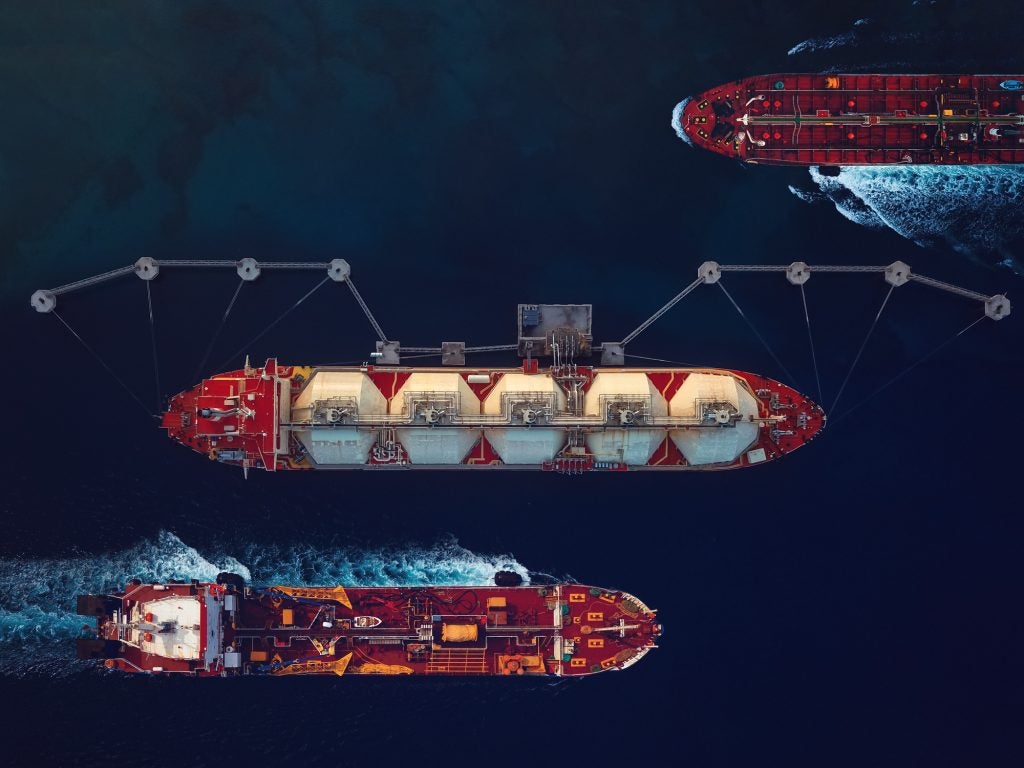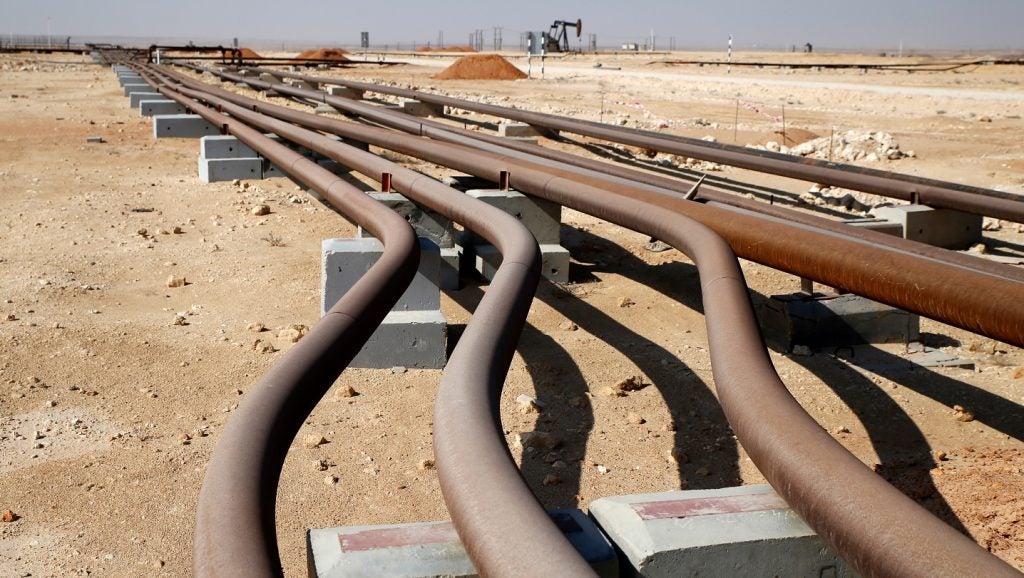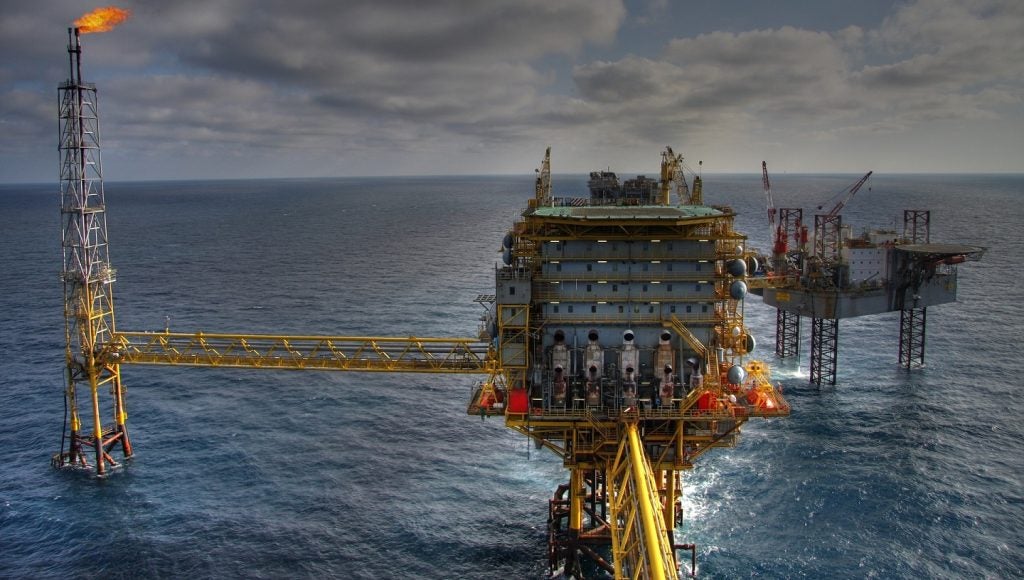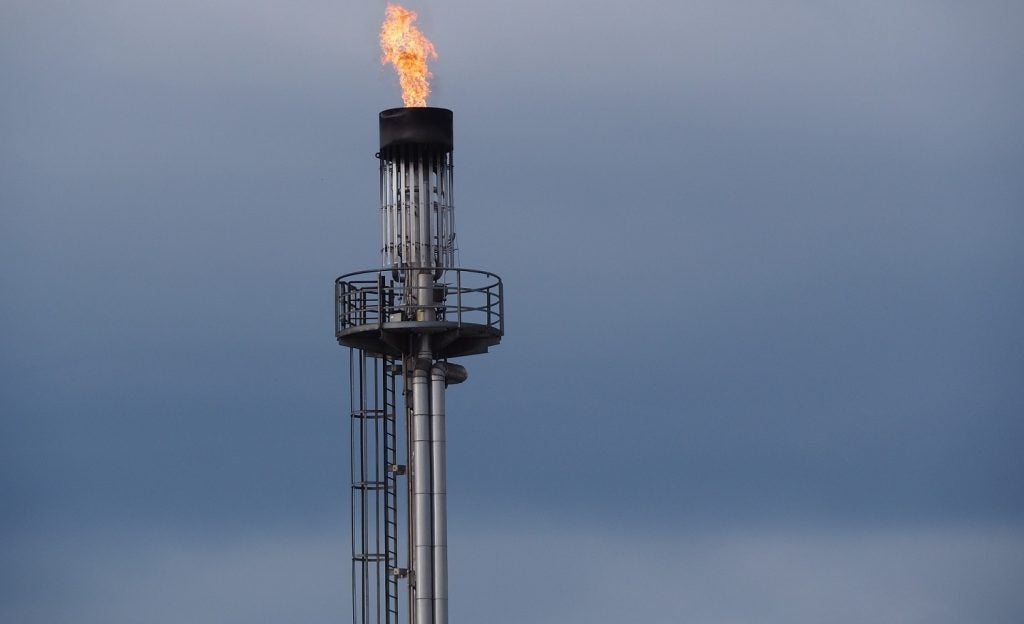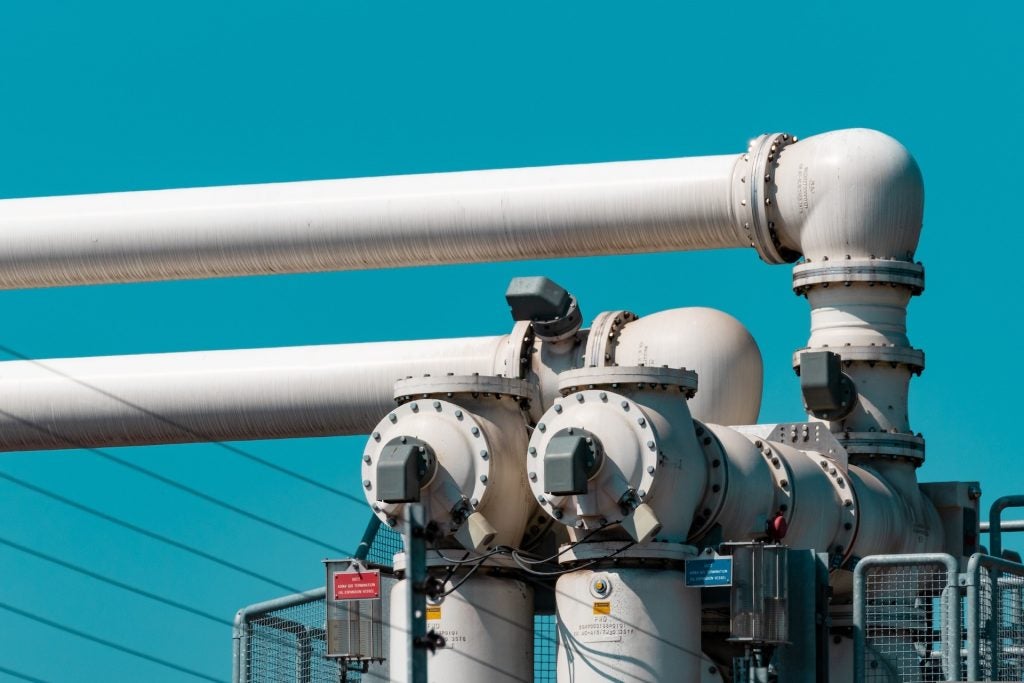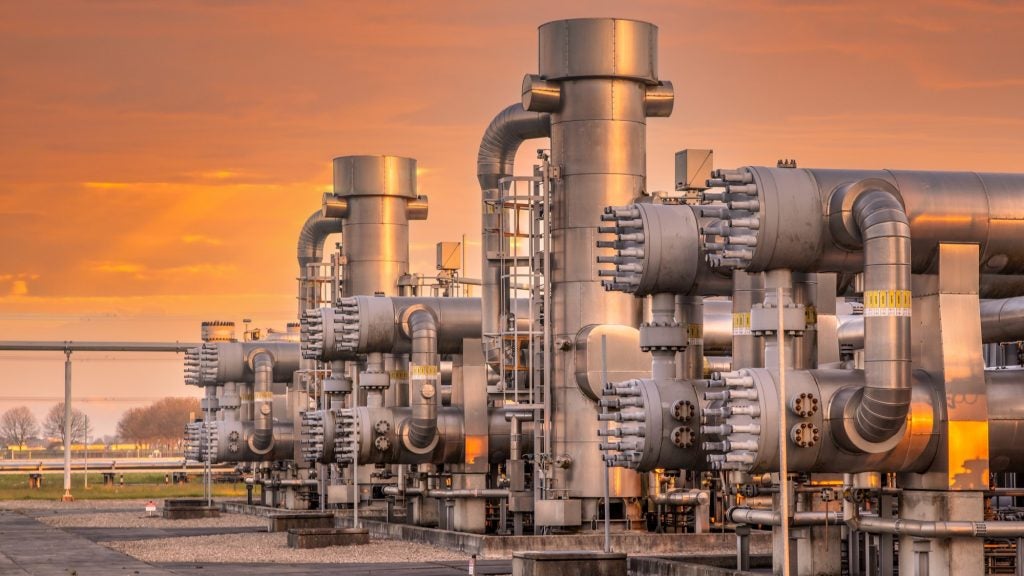Global imports of liquified natural gas (LNG) are set to rise by 16%, or 23 billion cubic feet per day (bcf/d), by the end of 2024, the Environmental Investigation Agency (EIA) has found.
The EIA’s forecast, based on trade press and data from the International Group of Liquefied Natural Gas Importers (GIIGNL), compares projected LNG import capacity to 2022 levels. Analysis found that in the first seven months of 2023, three countries – Germany, the Philippines and Vietnam – began importing LNG for the first time. By the end of 2024, the EIA expects Antigua, Australia, Cyprus and Nicaragua to also begin importing LNG, with several other countries also in the “advanced stages” of developing LNG import infrastructure.
Between 2013 and 2022, global LNG import capacity, also known as regasification capacity, has grown by 49%, or 45.8bcf/d, to reach 140bcf/d across 48 countries. By the end of 2024, the EIA predicts that 55 countries will have completed LNG regasification terminals with a total combined capacity of 163bcf/d.
Currently, global regasification capacity already exceeds the quantity of LNG imported. Most spare regasification capacity is in Japan, South Korea and China. The EIA expects Asia to lead growth in global regasification capacity, accounting for 52%, or 11.9bcf/d, of total capacity additions between this year and the next.
Additional infrastructure capacity allows countries to meet demand spikes, which are often most prevalent during winter as citizens keep heating cranked up. In 2022, global LNG trade required just 37% of available regasification capacity.
In Europe, import capacity is set to expand by one-third by the end of 2024 compared with 2022 levels. In addition to Germany, 11 European countries are set to add between 0.1bcf/d and 0.7bcf/d of new or expanded regasification capacity by the end of 2024.
Three new terminals have become operational in Germany this year and three more are currently under construction as the country seeks to diversify supply from Russian gas. In April, the EU approved €40m ($42.88m) in funding for Germany’s first onshore LNG terminal in a bid to incentivise energy developers RWE and Gasunie to construct the project. However, despite talk in May that G7 and EU leaders might move to formally sanction Russian gas, the EU is still set to import record volumes of LNG from Russia this year.


